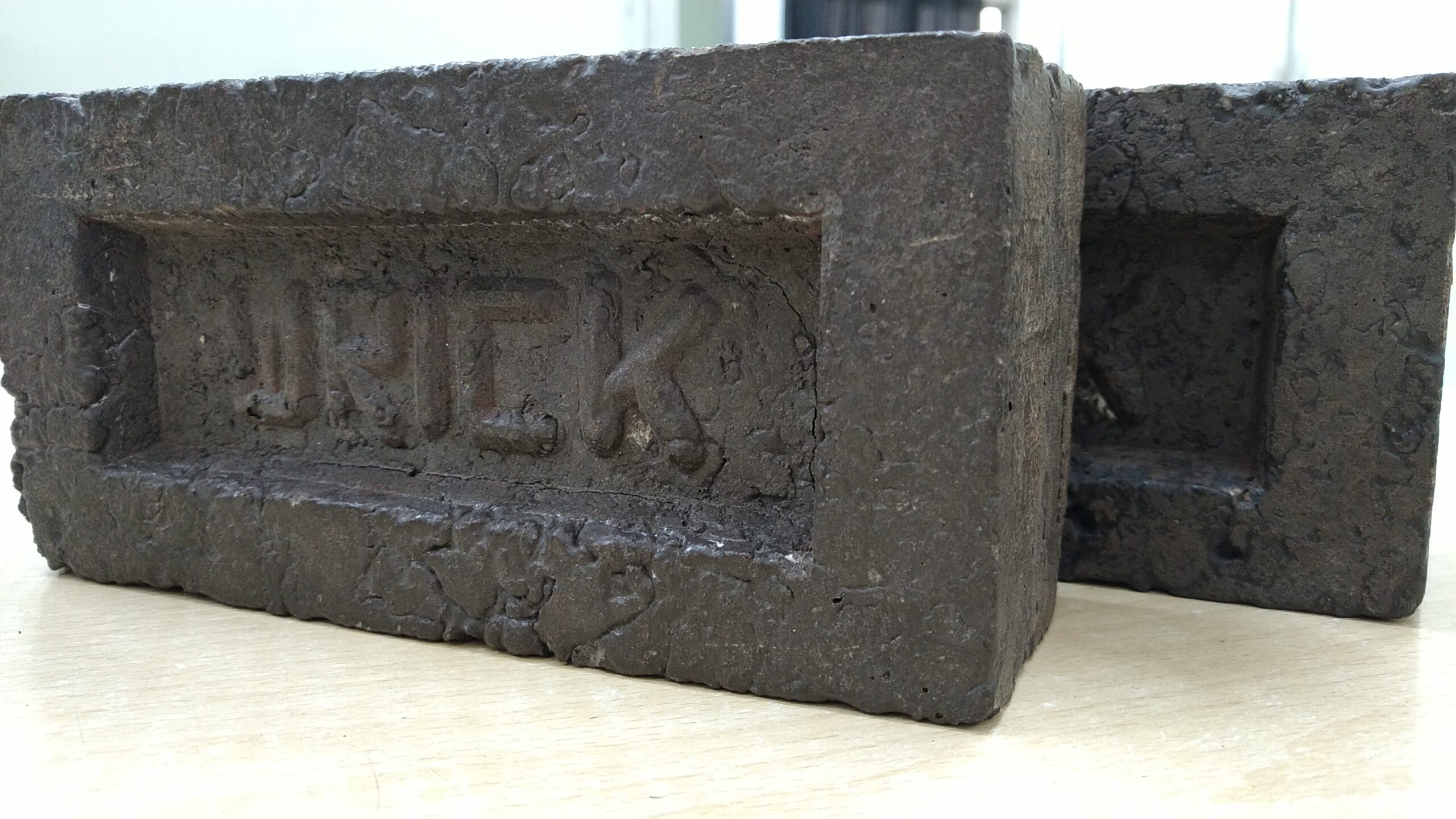A low-cost, light-weight and earthquake-proof green-alternative to conventional bricks.
Worldwide, 1.5 billion hand-moulded bricks are fired in rudimentary kilns every year. Typically heated using coal, these kilns contribute to 20 percent of the world’s black carbon emissions. Almost 90% of this production is in China, India, Pakistan, Vietnam, and in Bangladesh.
Their contribution to pollution is dramatic: In some South Asian cities, they’re responsible for up to 91 percent of particulate matter emissions, a major component of the air pollution that kills some 7 million people around the world every year.Being one of the largest consumers of coal in the country, it is one of the important sources of carbon dioxide emission in the country.
Emission of a huge quantity of toxic elements from brick kilns is causing serious health hazards. The brick kilns emit toxic fumes containing suspended particulate matter rich in carbon particles and high concentration of carbon monoxides and oxides of sulphur (SOx) that are harmful to the eye, lungs and throat. These air pollutants stunt the mental and physical growth of children.
According to data, the primary source of SOx(major air pollutant) is traffic vehicles (55.8%), followed by brick manufacturing industry (28.8%). And the primary source of NOx (nitrogen oxides) pollutants is also traffic vehicles (54.5%) and brick manufacturing industry (8.8%). Also, nearly 25 to 26 per cent of the country’s wood production is used for burning bricks every year, causing deforestation.
ANGIRUS is a Startup India, DPIIT recognized startup based out of Udaipur, Rajasthan. Formed in mid-2020 by Kunjpreet Kaur Arora, Krishna Chaudhary, Daidipya Kothari and Honey Singh Kothari with an aim to help Government authorities and private organisations across the globe to upcycle non-recyclable waste material into functional and eco-friendly building material.
Angirus products are 100% made from recycled plastic waste, and Industrial waste using a patented Technology . They use 30-40% plastic waste, 20% marble waste, 40-50% demolition waste and thermal waste as the raw material instead of soil. One of the major advantages of these bricks is that they are recyclable, so even after 50-60 years when building demolishes, these bricks can again be recycled into the brick by going through the same process.
In a city like Udaipur, where the disposal of marble slurry into lakes and other water bodies is a major source of pollution, this innovation offers an eco-friendly solution. The resulting products are light weight “WRICKS” (Waste + Brick) which is 30% lighter in weight, 80% waterproof, and 20% stronger than the module red clay bricks. Being light in weight, these bricks have huge scope in high rise buildings and seismic zones. These Bricks don’t allow water to pass through them. Therefore, prevent the walls from water leakage, dampness and efflorescence (white salt deposition) in the walls and ensure its longevity.
Angirus technology has a rapid production rate( 100-120 bricks per hour at just ₹3 per brick.) and can be ready to sell into the market within a day, whereas it takes days 15-16 days to prepare red clay bricks. The company claims that Wricks reduces the overall construction cost by up to 20% and saves additional waterproofing cost and repairing cost of wall structures. WricksTechnology is eco-Friendly and sustainable. It does not create any harmful substances in the environment and requires heating up to only 250 degrees Celsius, whereas at brick kilns, the temperature goes up to 1,200 degrees Celsius.
Angirus Ind Pvt Ltd, has partnered with Udaipur Municipal Corporation to Operate their Construction and demolition waste plant of 50 Ton per day capacity, with the very first customer- L&T limited for Udaipur Smart city project. They are also working on launching their precast panels made entirely from waste material.These products can provide a permanent solution to the disposal of Plastic and other industrial waste by eliminating fertile soil, coal and water, thus conserving scarce natural resources and reducing the emission of greenhouse gases.
MATERIAL DEPOTS QUICK 5
- BRAND : WRICKS
- CATAGORY: BRICKS
- APPLICATION: CONSTRUCTION
- USP: RECYCLED WASTE BRICK
- NOTABLE PROJECTS: L&T UDAIPUR SMART CITY PROJECT.
